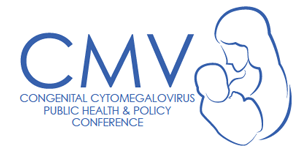Abstract Details
9/24/2018 | 3:00 PM - 4:30 PM | Catamount Room
Demystifying Newborn Screening
Newborn screening is one of the cited public health breakthroughs. Beginning in the 1960swith the screening for phenylketonuria (PKU), screening newborns for a variety of genetic, metabolic, or infectious diseases hasled to a significant reduction of death, disease, and disabilities in newborns. The panel of newborn disorders screened for varies bystateand decisions for adding or deleting tests involvemany complex social, ethical,and political issues. This presentation will provide a brief history of newborn screening, the process of how conditions are considered for the Recommended Universal Screening Panel (RUSP) and discuss some of the challenges faced with screening and follow-up
- Describe the history of newborn screening.
- Explain the process of how conditions are considered for the Recommended Universal Screening Panel (RUSP)
- List two of the challenges faced with screening and follow-up
Presentation:
17739_9844ColeenBoyle.pdf
Handouts:
No handouts have been uploaded.
Coleen Boyle (Primary Presenter), cab3@cdc.gov;
Coleen Boyle serves as Director of the National Center on Birth Defects and Developmental Disabilities (NCBDDD) at CDC. Dr. Boyle began her career at CDC in 1984 as part of a large effort to study the adverse health effects of exposure to Agent Orange, a herbicide used during the Vietnam War. Following that project, Dr. Boyle joined CDC’s work in birth defects and developmental disabilities holding various positions of increasing responsibility until her appoint as Center Director in 2010.
|
ASHA DISCLOSURE: Financial - No relevant financial relationship exists. Nonfinancial - No relevant nonfinancial relationship exists. |
|
AAA DISCLOSURE: Financial - No relevant financial relationship exists. |
